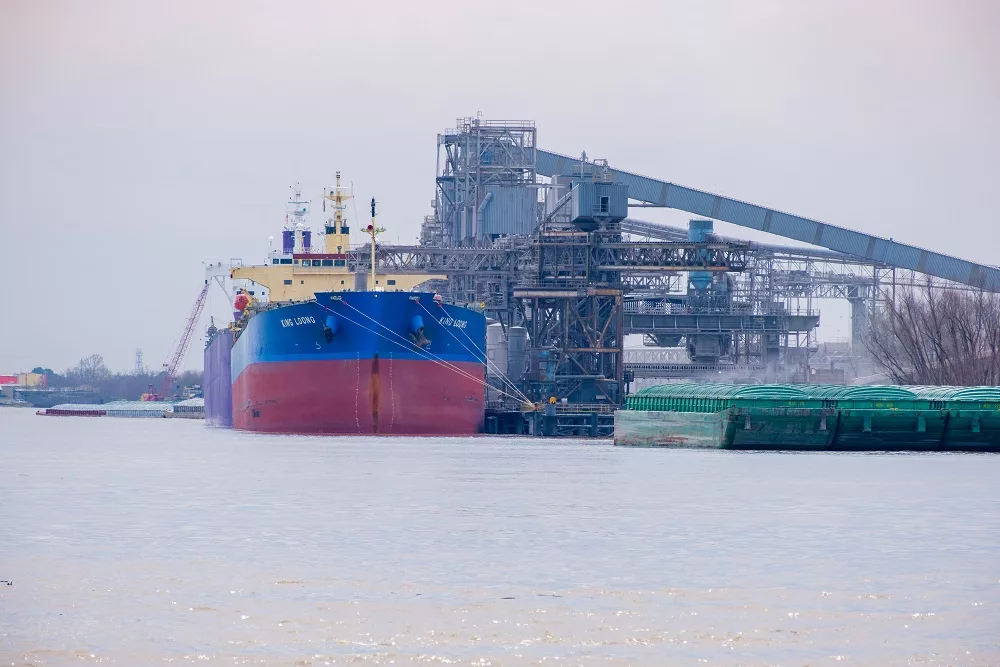As the strike among the East and Gulf Coast port workers has now been temporarily suspended until January 15, American Farm Bureau Federation (AFBF) says the threat of another strike is another reason why producers need a new Farm Bill for 2025.
The International Longshoremen’s Association (ILA) ordered its members back to work after their three-day work stoppage while negotiations continue on outstanding issues like port automation.
Even before ILA members agreed to a partial deal on wages, there are reports that the current port backlog would take over a week to clear, with dozens of ships carrying hundreds of thousands of containers at anchor.
“We are worried that even if [the workers] go back to work, are they going to work hard? So that’s something that we’re looking at, in the longer term, as well,” says Danny Munch, AFBF Economist.
With many areas throughout the southeastern U.S. damaged or destroyed by the impact of Hurricane Helene in late September and in need of supplies, President Biden and his administration pressed both sides to suspend the strike.
Many producers may be worried that a combination of backlogged ag exports and sharply lower commodity prices may cause more harm to the ag economy.
“It’s another pressure and another disruption that our farmers are going to have to deal with, without a good safety net in place,” says Munch. “There are already carriers who have announced surcharges on containers to start in mid-October. Now, to export ag products, they could be facing a $3,000 per container surcharge, and that’s not something foreign markets are going to want to purchase.”
The 36 affected ports along the East and Gulf Coasts handle tens of millions a week worth of produce, poultry, dairy, soybeans, meat, corn ethanol, and farm machinery. The suspended port strike and the August Canadian rail strike, plus Hurricane Helene, are just the latest examples of why U.S. farmers need the protection of a modernized Farm Bill according to AFBF.

